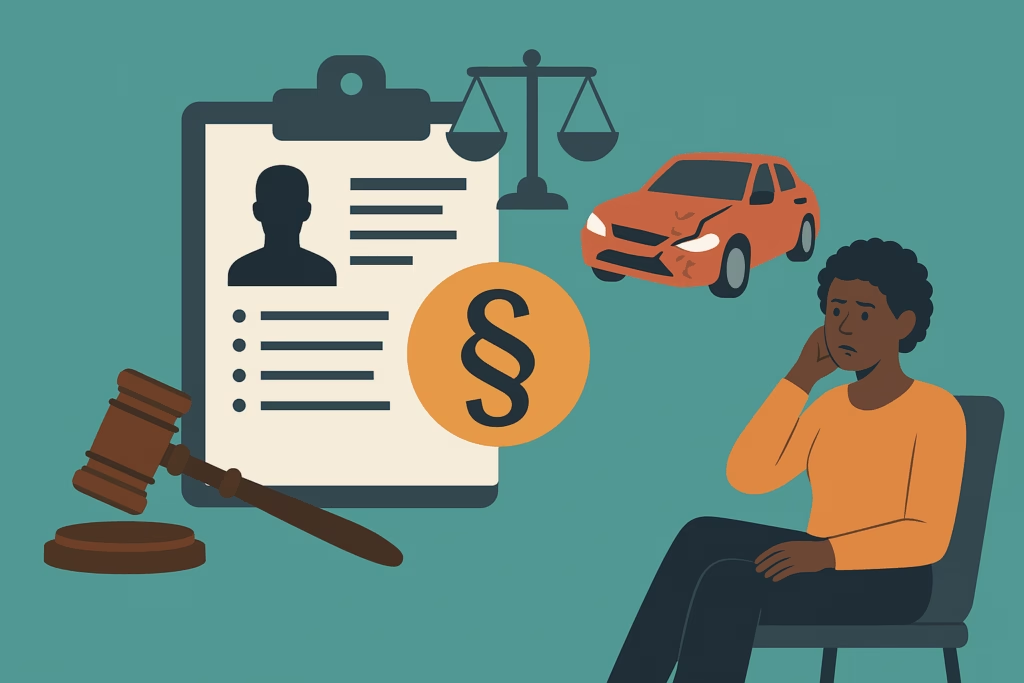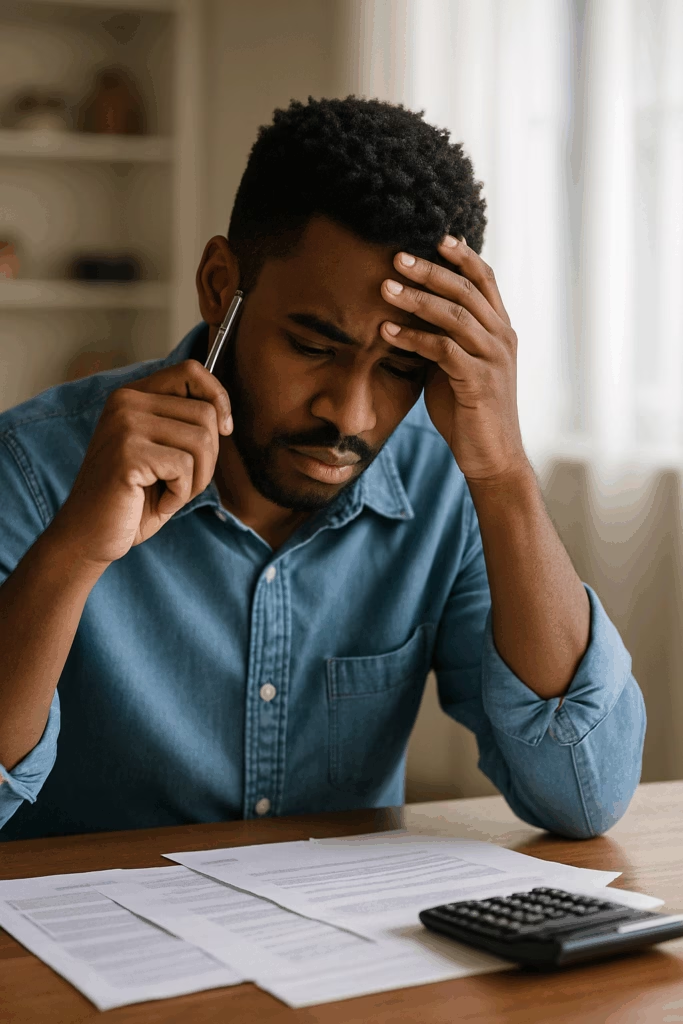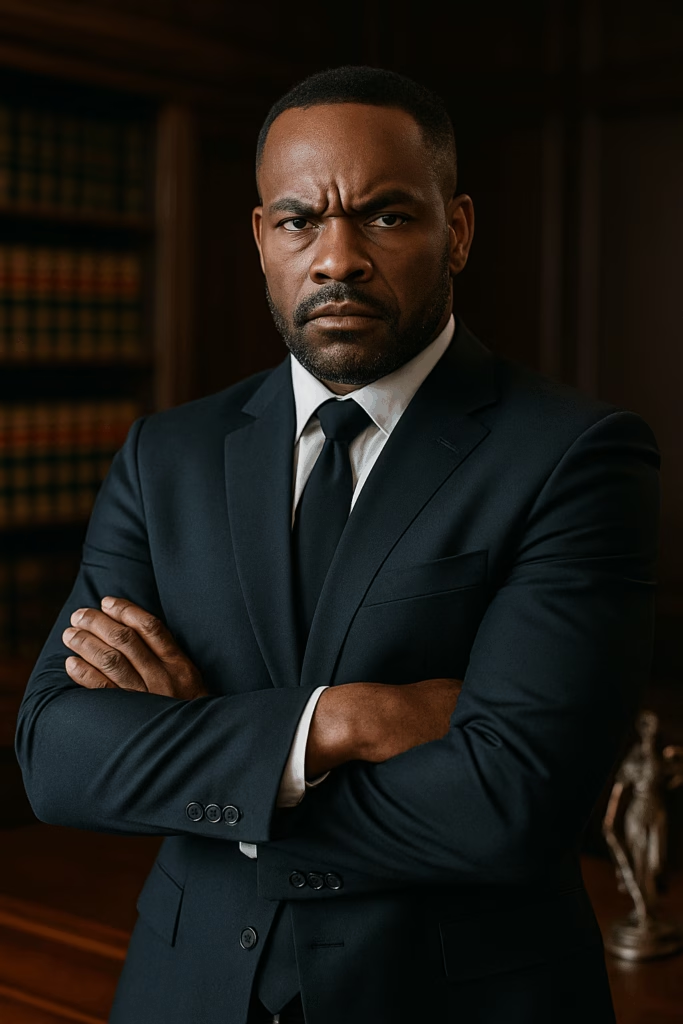Home » Passenger Rights After a Car Accident
Generally, yes. Passengers are rarely found at fault for a crash. In most cases, they can pursue compensation from one or more liable parties, including:
The driver of the vehicle you were in – If your driver caused the crash, their liability insurance typically covers your injuries.
Another driver – If another vehicle caused or contributed to the collision, you may bring a claim against that driver’s insurance.
Both drivers – In multi-car or shared-fault cases, you may be able to recover from multiple policies.
Rideshare companies (Uber/Lyft) – These cases involve unique insurance rules depending on whether the driver was logged into the app, en route to pick up a passenger, or transporting a passenger.
Your own policy – In some states, uninsured/underinsured motorist (UM/UIM) coverage, medical payments coverage (MedPay), or personal injury protection (PIP) may apply.

Because passenger cases often involve multiple insurance policies, disputes are common. Some of the most frequent legal issues include:
Which driver was at fault? Insurance companies may point fingers at each other to avoid paying.
Coverage limits. Serious injuries may exceed the limits of a single policy, requiring claims against multiple insurers.
Friend or family liability. Many passengers hesitate to pursue a claim when the at-fault driver is someone they know. It’s important to understand the claim is usually paid by insurance, not the driver personally.
Comparative negligence. In rare situations, a passenger may be accused of contributing to their own injuries (e.g., distracting the driver, not wearing a seatbelt). Even then, passengers may still recover partial compensation depending on state law.
Passenger victims may be entitled to compensation for both economic and non-economic damages, such as:
Medical expenses: hospital bills, surgery, rehab, prescriptions
Lost wages & future earning capacity
Pain and suffering
Emotional distress & trauma
Permanent disability or disfigurement
Wrongful death damages (funeral costs, loss of companionship, etc., for surviving family members)
Unlike drivers, passengers are rarely barred from recovery. The real challenge is navigating the overlap between insurance policies and ensuring insurers don’t underpay.


Without an attorney, passengers risk:
Being caught in liability disputes between insurers
Accepting a low settlement before the full extent of injuries is known
Losing access to multiple policies that could provide additional coverage
Delays in medical bill payment if insurance companies drag their feet
Crash Advocates steps in to:
Investigate fault and identify all potential sources of compensation
Handle communications and negotiations with insurers
File lawsuits if necessary to secure full recovery
Protect clients from tactics designed to minimize claims
Each passenger accident is unique. To help you understand your rights in different scenarios, explore these in-depth guides:
Yes. If both drivers share fault, you can file claims against both insurance policies. Your compensation may be divided based on each driver’s percentage of fault.
Yes. The claim is made against their insurance policy, not their personal assets. Your friend or relative typically won’t pay out of pocket.
Options may include the at-fault driver’s insurance, your own MedPay/PIP coverage, or health insurance. In severe cases, multiple policies may be needed.
Not wearing a seatbelt may reduce compensation under comparative negligence laws, but passengers usually still recover damages.
Most states allow two to three years from the date of the accident (statute of limitations). Missing the deadline can bar your claim.
Rideshare passengers are covered by special insurance policies provided by Uber and Lyft, which often include up to $1 million in liability coverage depending on the driver’s status in the app.
You may have claims against both the drunk driver and, in some states, the bar or establishment that overserved them (via dram shop laws).
It’s rare, but possible. For example, if a passenger grabbed the wheel, distracted the driver, or encouraged reckless behavior, insurers may argue contributory fault.
Yes. Claims may include pain and suffering, emotional distress, PTSD, or anxiety caused by the crash—even if physical injuries are minor.
You may still recover through your own uninsured/underinsured motorist coverage (UM/UIM), if you carry it, or explore other liable parties.